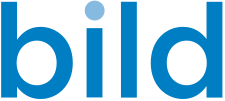NEWS
All the latest news and views from Bild.
20 April 2021
How can we be safe online and protect ourselves?
Kate Brackley works at Bild and is writing a series of blog posts. For this blog she talks about the perils of internet scamming and how to protect yourself online.

Kate’s own experiences
My own experience of being scammed has affected me. I thought that it was a safe and genuine thing to do but I didn’t realise what I was getting into. I didn’t think that it could be a scam, I just believed that it was fine and went ahead. Then at the end it hit me but by then it was too late to do anything about it.
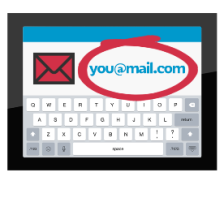
One example I can share is that I was scammed by someone pretending to be a work colleague. I genuinely thought this was true and I paid over a sum of money without realising that it was not one of my work colleagues. Luckily it was OK in the end and I managed to cancel the payment in time but it was very worrying.

Another example I can share is I believed that I had won something on the internet and I went ahead in sheer excitement and ended up paying a sum of money and I struggled to get that money back.

I also got scammed on Facebook where somebody pretended that I was his friend but I ended up getting hacked.
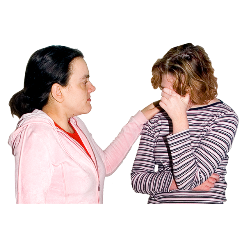
Looking back on these examples, I realise that I did not turn to anyone for help and support. I did not know what to do and felt sad, upset and worried. Eventually I did say something and it was like a weight was lifted off me and it was good to share my experiences. I was told how to use the settings on Facebook to report it and I had help to create a new profile and start again.
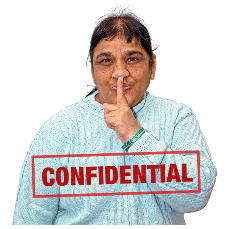
It was a tough lesson to learn as I did share personal information and after talking to someone I realised that sharing personal and confidential information was not the safest thing to do.

Have other people been affected by this problem – internet scamming? What types of scams have people been targeted with?
It can be difficult to feel safe on the internet with the variety of scams out there and I just want to make vulnerable people more aware so we are all safe.

A type of scam that people have been targeted with can be something like your bank calling you and asking you to give them your bank details and personal information over the phone, like your password.
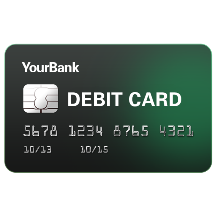
Another type of scam could be if you are buying something online and the site you are buying from looks genuine and you pay with your credit or debit card but then you never receive what you ordered and you can’t get your money back.

Social media is somewhere where you could be scammed. For example, someone could have a profile and add you as a friend and you think it’s someone you know but they could have created a fake profile. This can be known as ‘catfishing’.
These are some typical examples, but I’m sure there are lots more.

How does it make you feel?
From my own experiences it made me very upset, angry and I also was annoyed with myself for thinking that I did the right thing but that was not the case.
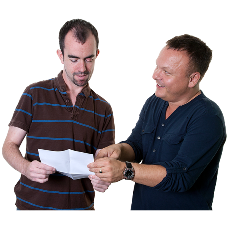
This might be the same for other people with learning disabilities too and it’s really important to share these feelings with people so we get the support and help we need.

How can you improve your safety?
From my experiences I had to get help and support from others to learn that I should never give out my personal information, like bank details or passwords, as not everyone is genuine. It was hard for me to accept this as I like to trust people.

To make sure you are safe on social media sites like Facebook and other places on the internet where you have an online account, ask for support to check that you accounts are password protected and as strong as they can be. This will help prevent you being hacked or scammed.
I know now how to do this on my own now and I am more aware of how important and vital it is to be really careful about things like this.

Where to get help and links
Reading Mencap
https://www.readingmencap.org.uk/media/2359/avoiding-scams-er.pdf
Mental Health
https://www.mentalhealth.org.uk/sites/default/files/staying-safe-online.pdf
Internet Matters.org
https://www.internetmatters.org/resources/esafety-leaflets-resources/
